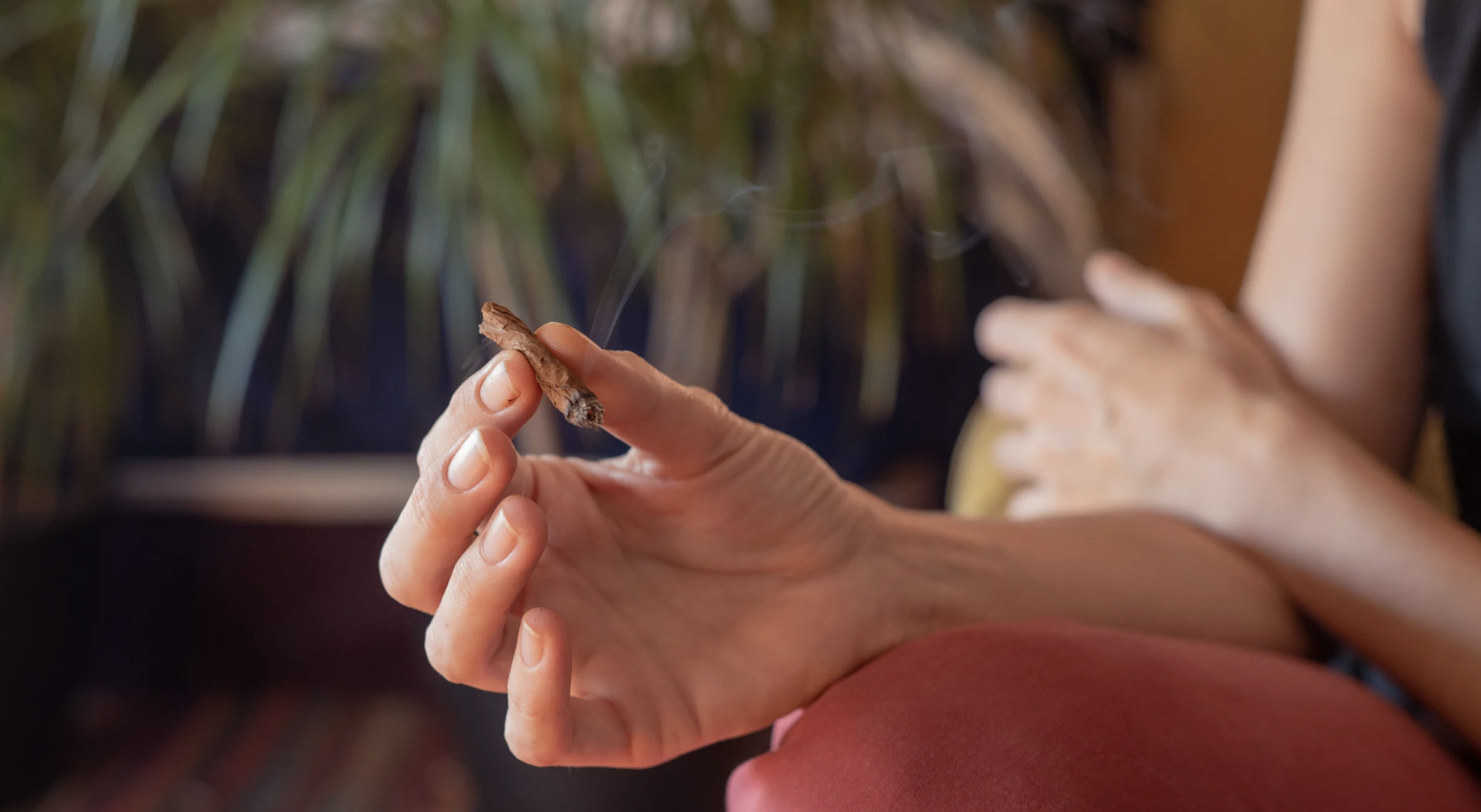Kirsten Fisch, MSN, RNC-MNN, IBCLC, LCCE Kirsten is a women's health nurse who specializes in high-risk pregnancy and postpartum care. She is certified in Maternal Newborn Nursing, a board-certified lactation consultant (IBCLC), and a Lamaze-certified childbirth Educator. She works with women from conception through postpartum. Passionate about empowering women during their reproductive journeys, Kirsten combines evidence-based care with compassionate support to promote health and well-being for mothers and babies.
As marijuana becomes more widely accepted and legalized, many breastfeeding parents wonder whether they can safely use it while nursing. While cannabis may be used for relaxation, pain relief, or medical reasons, it’s essential to understand how it affects both the breastfeeding parent and the baby.
How Marijuana Affects Breast Milk
Unlike alcohol, which clears from breast milk relatively quickly, THC (tetrahydrocannabinol)—the psychoactive compound in marijuana—is fat-soluble and stays in the body for an extended period. Because breast milk is high in fat, THC accumulates in it, meaning that nursing infants are exposed to the drug whenever they feed.
- THC can be detected in breast milk for days to weeks, depending on frequency and amount of use.
- Even small amounts of THC can pass to the baby and affect their developing brain.
- Pumping and dumping do not speed up the elimination of THC from the body.

Risks to the Baby
Research on marijuana and breastfeeding is still evolving, but early findings suggest potential risks to infants exposed to THC through breast milk:
- Delayed motor development: Studies suggest that babies exposed to THC may experience delays in coordination and muscle control.
- Changes in sleep patterns: THC exposure has been linked to drowsiness and altered sleep cycles in infants, which can affect feeding patterns and growth.
- Possible long-term cognitive effects: While more research is needed, early studies suggest potential impacts on memory, attention, and problem-solving skills as the child grows.
Risks to the Breastfeeding Parent
Using marijuana while breastfeeding doesn’t just affect the baby—it can also have consequences for the parent:
- Impaired judgment and responsiveness: THC affects reaction time, concentration, and awareness, which can make it harder to respond quickly to an infant’s needs, especially during nighttime care.
- Decreased milk production: Some research suggests marijuana use may interfere with prolactin, a hormone essential for maintaining milk supply.
- Legal and workplace concerns: In some places, THC use while breastfeeding may raise legal issues, especially in custody cases or workplace drug testing.
Should You Use Marijuana While Breastfeeding?
The safest option is to avoid marijuana while breastfeeding to minimize potential risks to your baby. If you use cannabis for medical reasons, consider discussing alternatives with a healthcare provider to find a safer solution.
If you’re struggling with stress, anxiety, or pain and are looking for alternative coping methods, some safer options include:
- Relaxation techniques like meditation or deep breathing
- Non-THC pain relief options recommended by a doctor
- Support groups or therapy to manage stress and anxiety
While there’s still much to learn about marijuana and breastfeeding, current research suggests that THC exposure through breast milk may have lasting effects on infant development. If you’re considering using marijuana while nursing, it’s important to weigh the potential risks and explore safer alternatives for both your health and your baby’s health.
Would you like more information on this topic? Share your thoughts or questions in the comments below!

Kirsten Fisch, MSN, RNC-MNN, IBCLC, LCCE Kirsten is a women's health nurse who specializes in high-risk pregnancy and postpartum care. She is certified in Maternal Newborn Nursing, a board-certified lactation consultant (IBCLC), and a Lamaze-certified childbirth Educator. She works with women from conception through postpartum. Passionate about empowering women during their reproductive journeys, Kirsten combines evidence-based care with compassionate support to promote health and well-being for mothers and babies.




